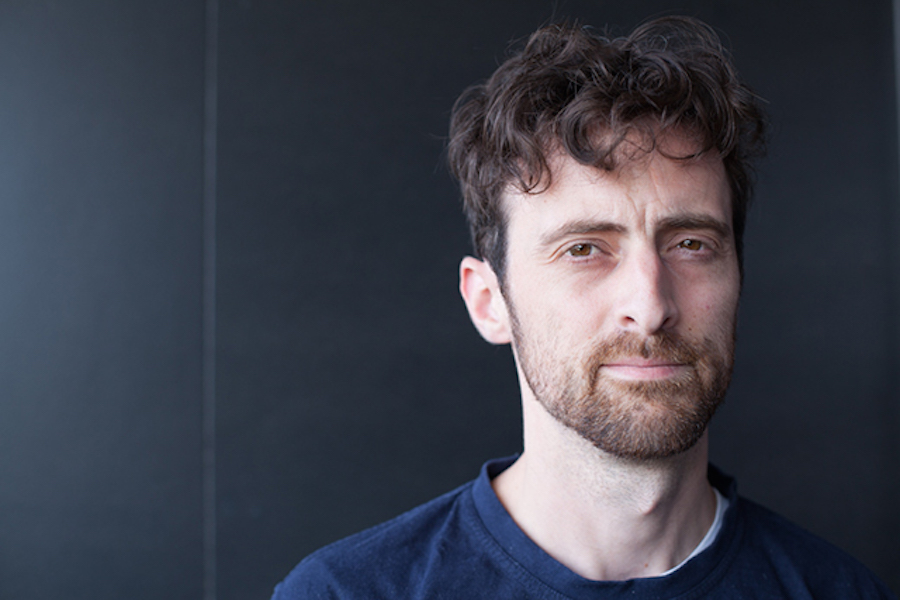Versent, founded by Thor Essman, James Coxon, Hamish Toll, Eddie Smith, and David Broeren, was born out of frustrations Essman has had for clients in the enterprise IT space over the last 25 years. He felt there was a gap in the market when it came to the consulting world, where firms didn’t really focus on highly available, outcome-based products for the enterprise space. Versent was founded with the credo that the company wanted to help enterprises be innovative in the same way as startups.
The company has six main offerings. Three are the ‘core’ entry products that most enterprise companies need to master to move up the value chain to the next three ‘platform’ products. The products respectively are Identity and Security, DevOps and Automation, Cloud Services, Digital Transformation, Content Management and then Intranet and Collaboration.
As a business, Versent is all about bringing craftsmanship back to technology. Essentially what that means is the company helps enterprise-level businesses see that creating new, innovative products does not require teams of 100 people.
“[There is a] real resurgence happening and it’s allowing us to actually create things with a higher quality, much faster and much more economically,” says Essman. “In order to do that, we’re now reliant on a much smaller talent pool that can enable the same sort of speed and value as a 100 person team can, when there are only 5 to 10 people actually doing it. It’s the nature of startups. Startups don’t have 100 people to handle what you want done so they build it in such a way that it can live with the meagre resources that they have, and I think by engendering this ethos to the enterprise, they actually get more value.”
This is where Dave Slutzkin, former group CTO of startup ventures like Sitepoint, Flippa and Learnable, comes into the picture. He recently joined Versent as the General Manager of Product and Development and will be playing a critical role in helping enterprise clients approach projects more like highly scalable technology businesses.
“Previously when I was running Site Point, I got to see the startup side of the fence. It is fair to say that I didn’t really understand the enterprise space,” says Slutzkin. “It is fair to say in the last six months that I have learnt a lot more about it. Startups have to be agile in the way they innovate, otherwise they’re gone. In the enterprise space you can get away with making more mistakes and spending more money, and that is 100 percent what we are about fixing, we want to bring back that sentiment as much as possible and give enterprise some sort of ability to innovate with craftsmanship as opposed to innovating with enormous amounts of dollars.”
What Versent as a company is doing well is understanding and articulating the two distinct languages spoken by startups and enterprise. It allows the business to straddle both worlds, identify what each does well and merge those things together to execute for its clients. It was through the creation of the processes and disciplines around how the company does this that its newest project Level 3 was born.
Level 3 is a new community-centric initiative that has been created for the Melbourne technology ecosystem. The idea is to have a space where both enterprise and startups from the tech industry can meet up and get together. At its core it exists so that enterprise can learn to create product in a viable way that can be integrated within their business.
“We wanted to create a space that allowed our customers that are enterprises and startups, as well as people who are in the tech industry, to get together,” says Essman. “We also offered our customers and partners the opportunity to be able to hold events there. That sort of creates a buzz and a bit of an epicentre allowing people to be connected in the tech world.”
Right now Level 3 is gaining a huge amount of interest from not only Versent clients but the wider enterprise and startup ecosystems.
“What we are doing now is a bunch of initiatives, especially around tech meetups,” says Slutzkin. “It’s good to get the right people in the space. People who are going to meetups every night of the week, they’re craftsmen, they’re the sort of people we want to have access to, we want to talk to them. We want to be able to give other people that capability.”






















Trending
Daily startup news and insights, delivered to your inbox.